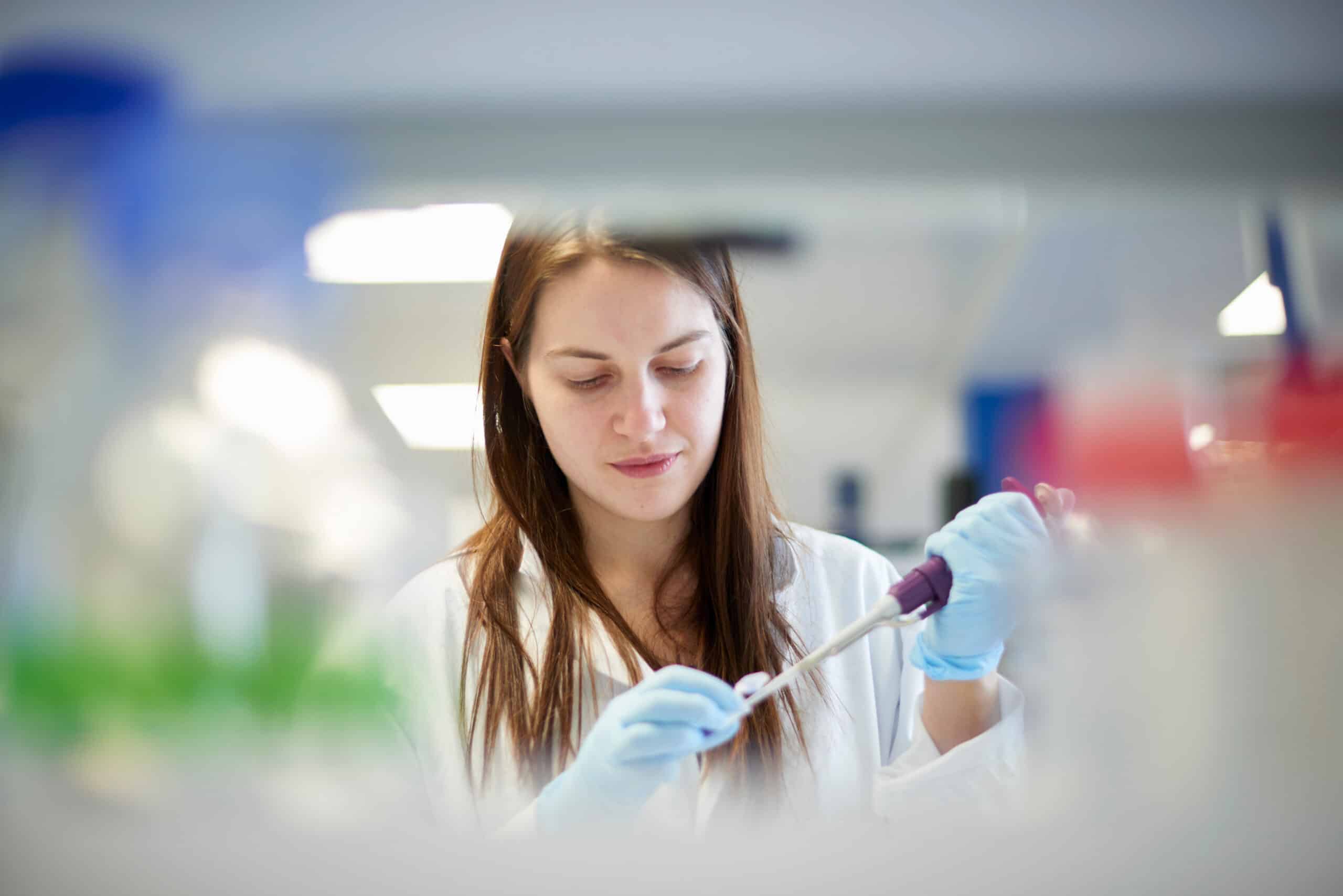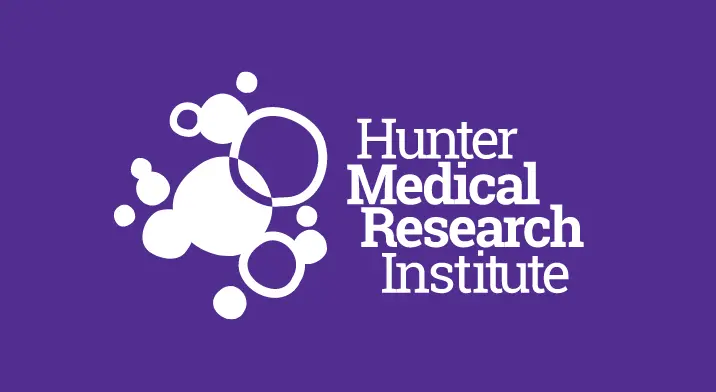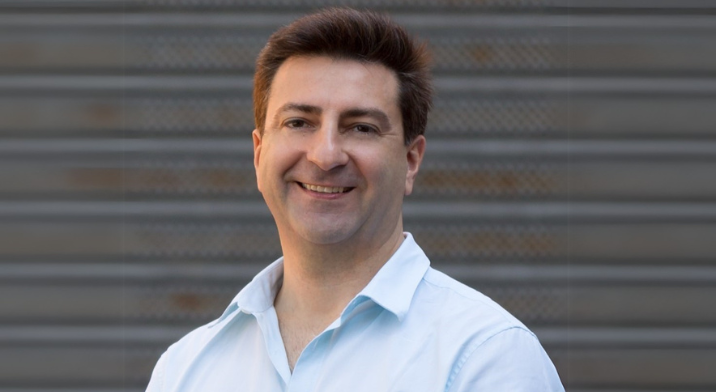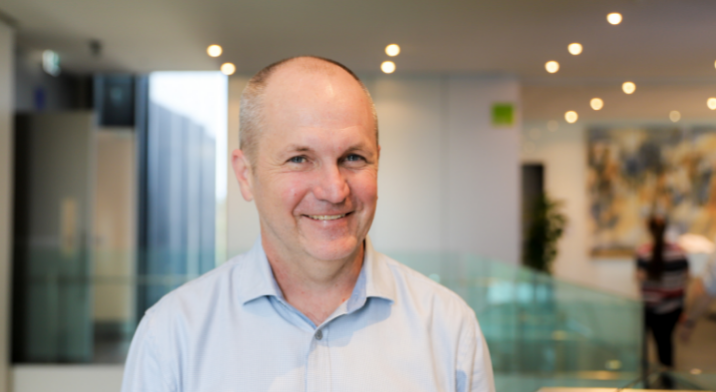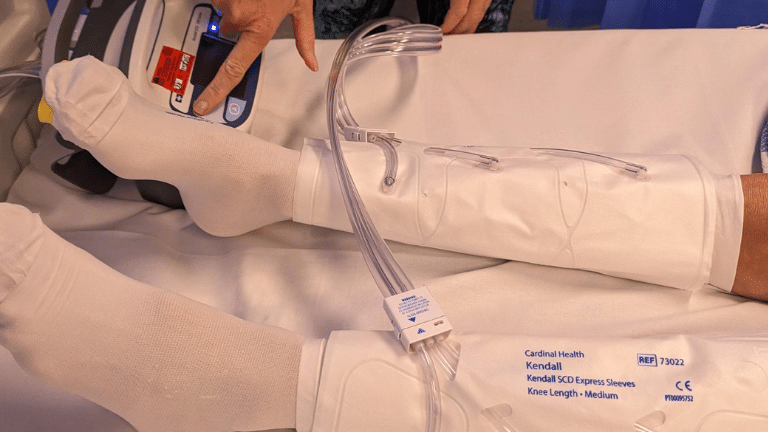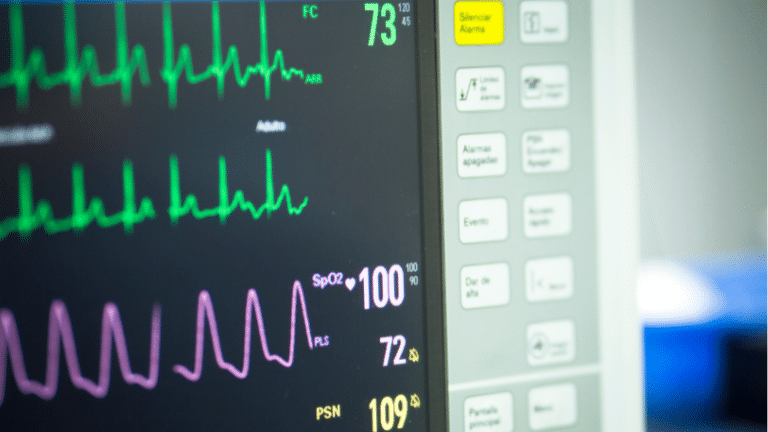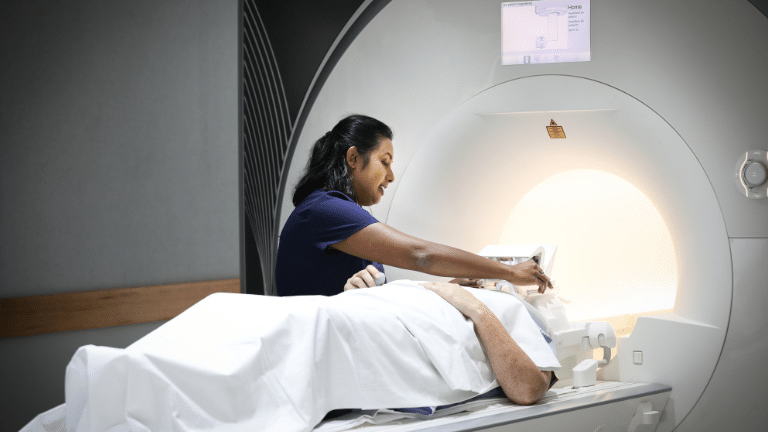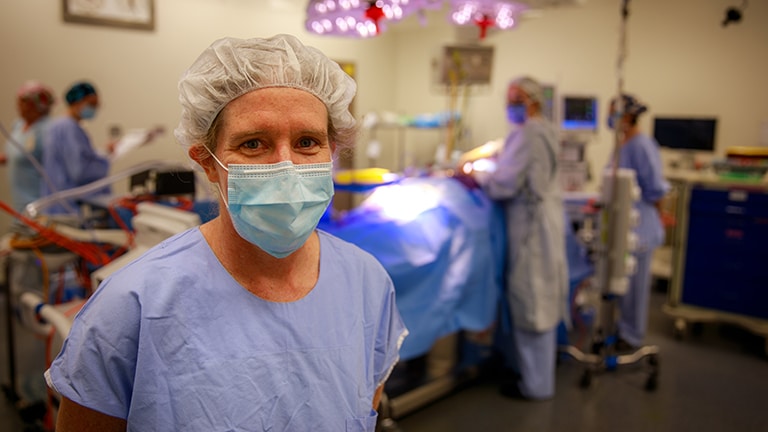Our Surgical and Perioperative Care Research Program conducts collaborative, clinician-driven research finding ways to optimise the surgery process and deliver better patient outcomes.
In Australia, surgeries are surprisingly common.
9
SURGERIES IN A LIFETIME FOR THE AVERAGE AUSTRALIAN
1 in 4
HOSPITALISATIONS INVOLVE SURGERY
381,000
AUSTRALIANS REQUIRE EMERGENCY SURGERY EVERY YEAR
*Source: Australian Institute of Health and Welfare, 2023
As technology advances and our population ages, surgeries are becoming more complex, presenting a need for surgical-focused clinical research.
Historically, surgical and anesthesia research has been conducted in isolation, often complicated by geographical separation. This has limited its relevance and scalability.
Recently there has been a greater emphasis on patient-focused outcomes, including psychological and social aspects. While the medical evidence base is growing rapidly, its application to patient care remains limited.
There is a pressing need for clinician-driven research aimed at optimising the surgical process with a focus on increased efficiency, cost-effectiveness and excellent patient outcomes.
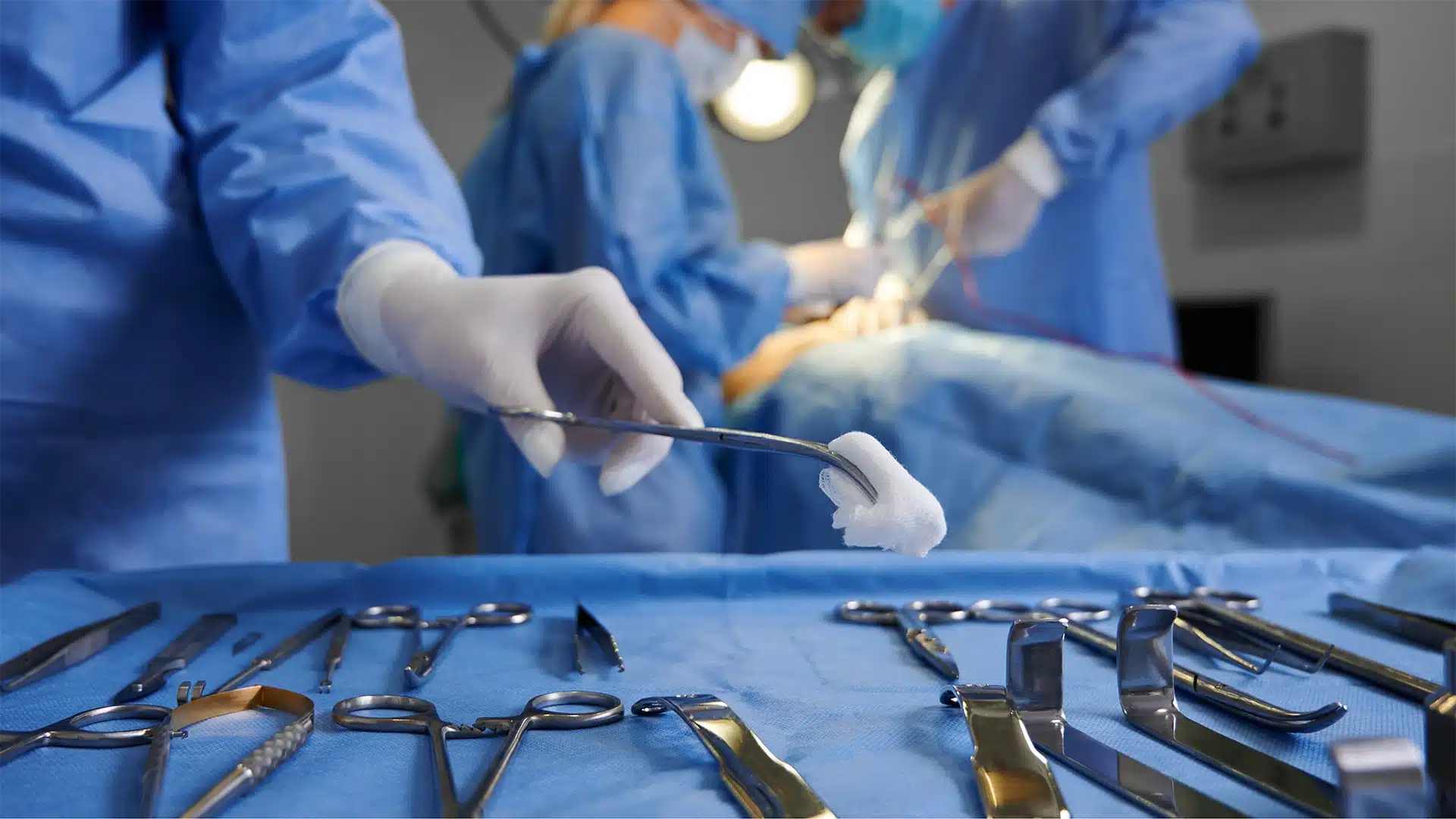
Our researchers are transforming surgery practices
Our Surgical and Perioperative Care Research Program aims to enhance patient outcomes and efficiency.
Our research aims to:
- Improve clinical care by determining optimal systems and team processes that drive safety and efficiency
- Reduce unnecessary procedures
- Improve economic outcomes and reducing waste
As many of our program members are clinicians and surgeons, we are driven by the need to improve patient care and experiences. We aim to foster knowledge, understanding and practice of research in our future surgeons.
Our research focus areas are driven by the needs and insights of our community and patients:
Enhancing patient-centred processes and involving patients in decisions about their care
Using prehabilitation and tools to enhance health before surgery and reduce complications
Challenging the validity of current practice and traditions
Analysing long-term patient outcomes, including quality of life
Improving systems and safety by applying best evidence in surgery and perioperative care
Putting patients at the centre of the surgical encounter
Our research exists to help our community. We continue to place more emphasis on patient needs and experiences. It’s essential that our community and patients play an active role in our research.
Person-reported outcome measures (PROMs) and patient-reported experience measures (PREMs) are key to our research.
While mortality and morbidity will always be important to evaluate, our researchers are also prioritising quality of life, life impact, patient experience and economic factors as vital research outcomes
Innovative research approaches helping to enhance the end-to-end surgical experience
Hunter Medical Research Institute’s Surgical and Perioperative Care Research Program has diverse expertise helping to drive innovation.
Our multidisciplinary team of researchers are using varied approaches including behavioural sciences, simulation, and ‘whole of population’ studies to improve surgical care.
It is increasingly recognised that a Human Factors Engineering (HFE) approach is required to address our program’s core challenges. Our collaborative group combines HFE expertise with our clinical simulation laboratory to study the design of tools, processes and systems that result in optimal patient care for people in our region and beyond.
